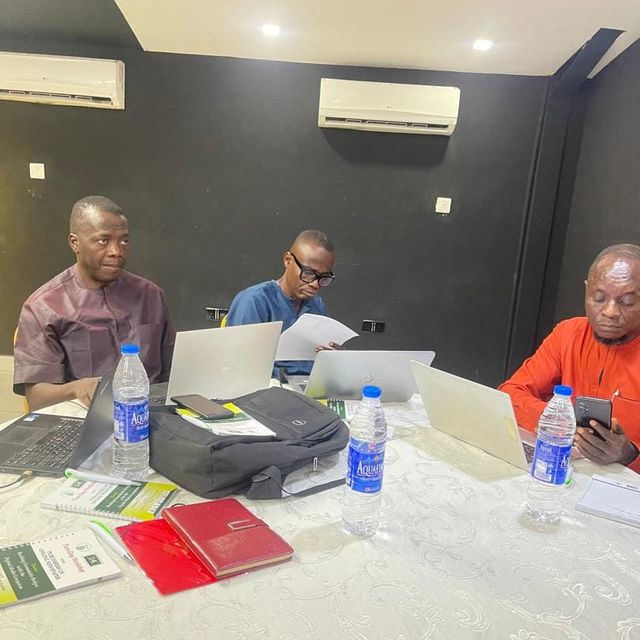The National Identity Management Commission (NIMC) has announced that Nigerians will now pay for the new multipurpose national identity cards.
The decision was revealed on Thursday during a media workshop in Lagos, led by NIMC’s Head of Card Management Services, Dr. Peter Iwegbu.
Dr. Iwegbu explained that the payment requirement aims to ensure only those who truly need the cards will request them.
This marks a shift from the previous policy of issuing national identity cards for free, a move that reportedly led to waste and inefficiency.
“Before we stopped due to funding, we produced more than two million cards,” Iwegbu said.
“Many of these cards are still lying in our offices because people did not bother to pick them up.”
The government, he noted, cannot afford to repeat such a costly mistake.
Limited revenue was also cited as a major reason for scrapping the free ID card policy.
“We reviewed the project and found that the government does not have the funds to produce these cards and give them out for free,” Iwegbu explained.
In the new system, individuals will only receive their cards after making payments and specifying where they wish to collect them.
“You cannot pay for the card, choose a collection center, and then abandon it,” added Engr. Lanre Yusuf, NIMC’s Director of IT.
The initiative is expected to streamline the process, ensuring that only genuinely interested individuals receive the cards.
The new cards, set to launch in a few weeks, are designed as multipurpose tools with several advanced functionalities.
Powered by AfriGO in collaboration with the Central Bank of Nigeria (CBN) and the Nigeria Inter-bank Settlement System (NIBSS), the cards will integrate identity verification, payments, and access to government services.
They will also support eNaira transactions and comply with international security standards.
“This card will be more than just an ID,” Iwegbu said.
“It will serve as a payment tool and provide seamless access to multiple government programs.”
NIMC is taking steps to make the cards widely accessible despite the payment requirement.
The agency has decentralized the request and collection process to include banks across the country.
“People can now walk into any bank closest to them to request and pick up their cards,” Iwegbu stated.
Provisions are also being made for less privileged Nigerians who may struggle to afford the card.
“We have government programs to support those who genuinely cannot pay but need the card for accessing government support,” Iwegbu said.
The new policy has drawn mixed reactions from Nigerians.
However, a market trader in Abuja expressed concern over the payment requirement.
“Many poor people cannot even afford food, let alone pay for an ID card,” she said.
The NIMC’s earlier attempts to distribute free national ID cards faced significant challenges, including low collection rates and funding shortfalls.
The agency hopes the new model will address these issues while delivering a modern, functional identity system.
Back in April, the NIMC had announced plans for the multipurpose national ID card, highlighting its potential to revolutionize identity management in Nigeria.
The card’s functionalities are expected to benefit individuals, businesses, and government agencies alike.
Despite the promise of innovation, questions remain about how effectively the new system will be implemented.
Observers are watching closely to see whether NIMC can balance efficiency with affordability for all Nigerians.

